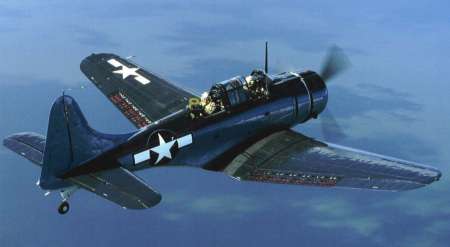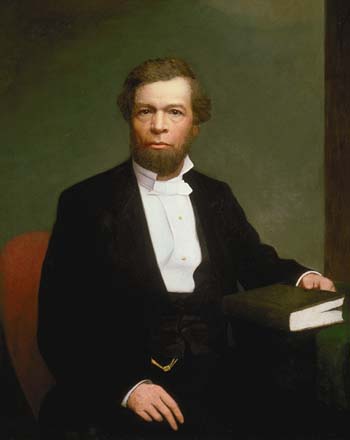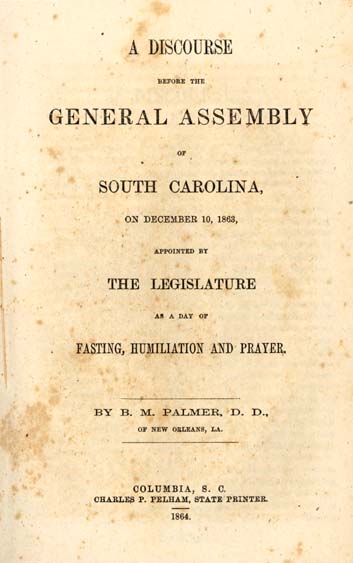I know a man who personally dropped a bomb on a Japanese aircraft carrier. He dropped it at sunset on a summer’s day in 1944. Actually, it was sunset at altitude; he lost the sun as soon as he began his dive. That is quite clear in his memory, he was in sunlight until he pushed the stick and began the bombing dive. It got darker as he dove; all the better to see the tracer shells coming up at him from the carrier. Another thing that is quite clear in his memory is that it was a long way back to his own carrier, it was dark; and, assuming he and the other pilots could find it, they would run out of fuel about the time they got there. 
That was 1944. They got back to the carriers by dead reckoning. No long distance radar beams to guide them, no GPS to tell them precisely where above the earth’s surface they were or where on that vast Pacific Ocean their carriers were. And it was dark. Twilight does not last long in the tropics. The sun goes beneath the curve of the earth and darkness follows almost immediately.
The ships were running without lights, of course. To turn on lights was to attract Japanese submarines as blood attracts sharks. But Vice Admiral Marc Mitscher didn’t much care. Those were his pilots out there and he would get them home if he could. Not only did the carriers turn on landing lights, every ship in the vicinity lit up like Christmas. They even sent up their own bursting shells so the pilots could see them. My friend at first thought he was seeing lightning on the horizon it was so bright. Fortunately, there were no Japanese submarines in the area.
Nonetheless, he did not have enough fuel to land and had to ditch in the ocean. But, as he tells it, that was no big deal; a ship picked him up and deposited him on his carrier the next day. All in a day’s work. He never mentions mental discipline or sheer physical courage.
But people died that day and on all other days of that war and he remembers the ones he knew and the ones he didn’t; friend and enemy alike. Sometimes he remembers them so much he cries. War will do that to a person. Which, I suppose, is why real combat veterans aren’t much interested in the nice theories and ideologies and stories about war of those who have not experienced real combat.
Presidents ought to be required to go to Arlington National Cemetery when they make their speeches telling us why the nation needs to go to war. The people who order our troops into combat— and those who stand on the sidelines and cheer — should be ordered to talk to my friend. I know he would agree that war is sometimes necessary, but people die in wars and he remembers.




